In Australia, recycling has become an essential tool in the fight against waste and environmental degradation. With rising concerns about pollution, resource depletion, and the health of our ecosystems, programs like City Return and Earn are making it easier than ever for both individuals and businesses to contribute to a more sustainable future. But why is recycling so important, and how does every can or bottle make a difference?
Reducing Waste in Landfills
One of the most immediate and visible benefits of recycling is the reduction of waste sent to landfills. Australians generate over 67 million tonnes of waste each year, with only about 55% of this being recycled or composted. The remainder, unfortunately, ends up in landfills, which contribute to environmental problems such as land degradation, water contamination, and the release of methane — a potent greenhouse gas.
By returning cans, bottles, and other recyclables through the City Return and Earn scheme, we reduce the strain on landfills and divert materials that can be reused in manufacturing. Each recyclable item returned means one less piece of waste contributing to Australia’s growing landfill problem.
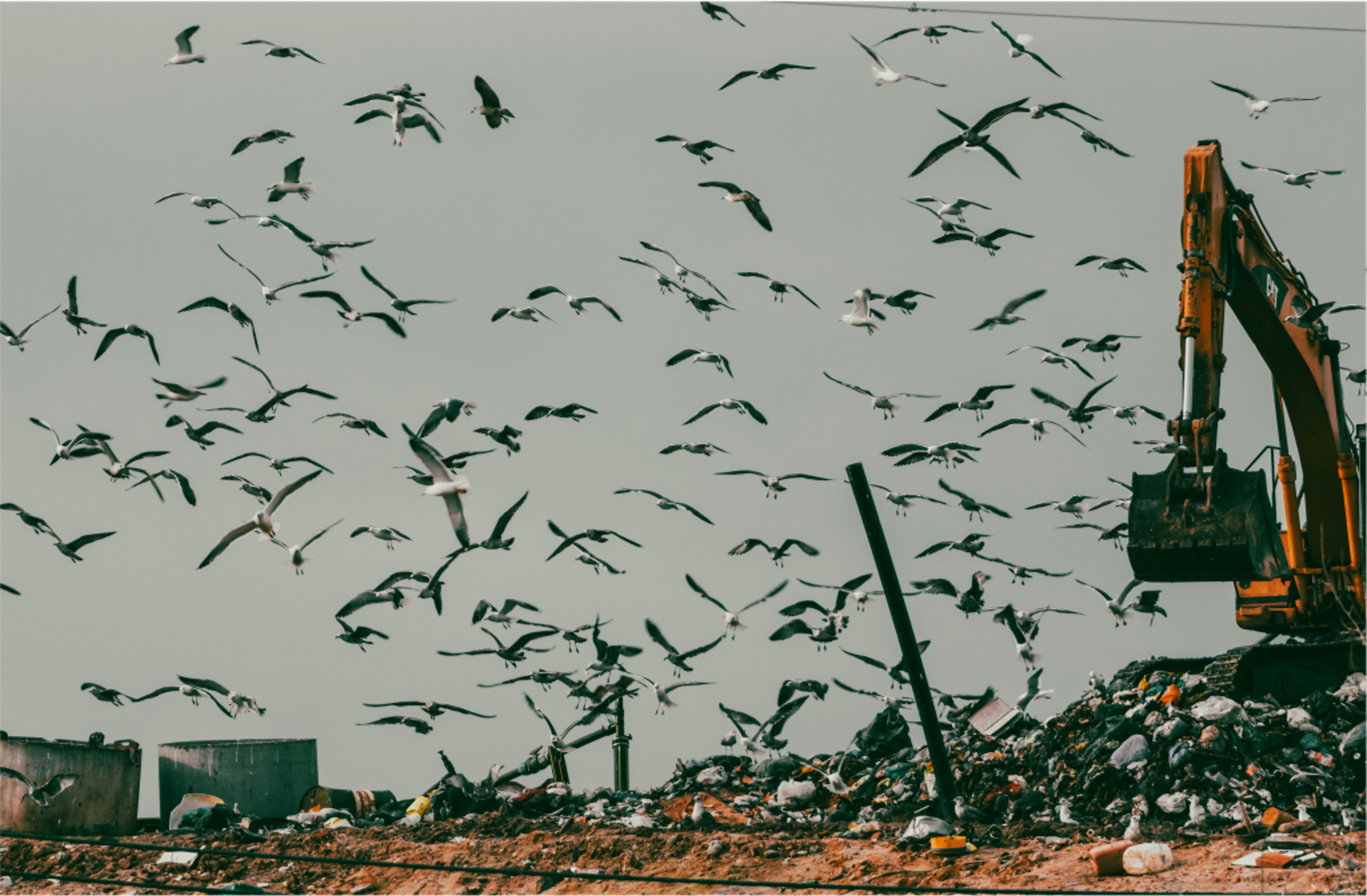
Conserving Natural Resources
Recycling is also crucial for conserving Australia’s valuable natural resources. When products like aluminium cans or plastic bottles are recycled, they can be transformed into new products without the need to extract new raw materials. For example, recycling just one tonne of aluminium saves five tonnes of bauxite — the ore from which aluminium is made — and conserves significant amounts of water and energy.
This conservation of resources not only helps preserve ecosystems but also reduces the environmental damage caused by mining, logging, and other extractive activities. By participating in programs like City Return and Earn, businesses and individuals play a direct role in protecting Australia’s natural heritage.
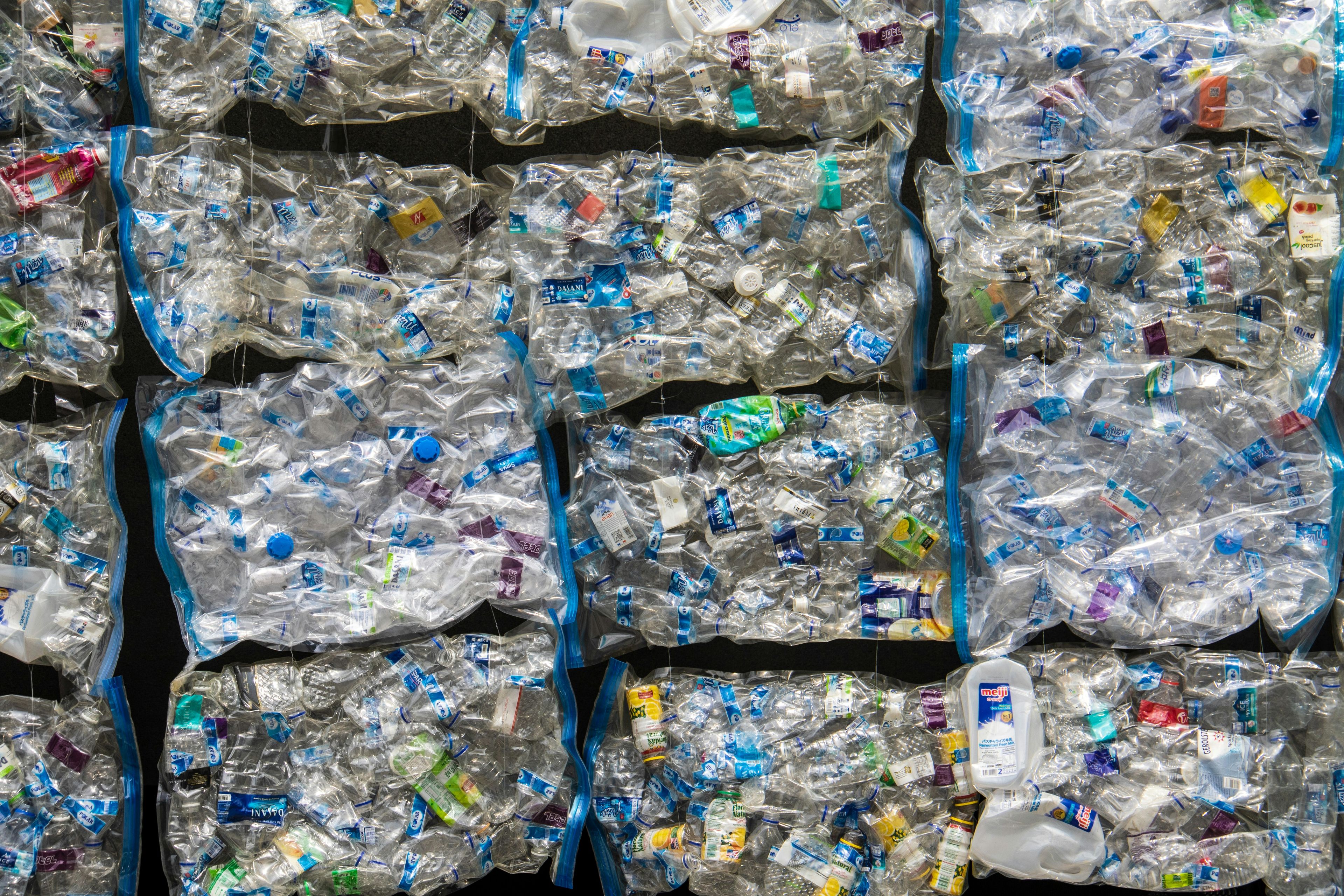
Saving Energy and Reducing Greenhouse Gas Emissions
Recycling not only conserves raw materials but also requires far less energy than producing new products from scratch. For instance, recycling aluminium uses 95% less energy than making it from new materials, and recycling glass saves up to 30% of the energy used in manufacturing. This energy efficiency translates into significant reductions in greenhouse gas emissions.
Australia is committed to reducing its carbon footprint, and recycling is an easy yet impactful way to contribute to this goal. Every item recycled through City Return and Earn helps lower the energy demand for new production and cuts down on the emissions driving climate change.
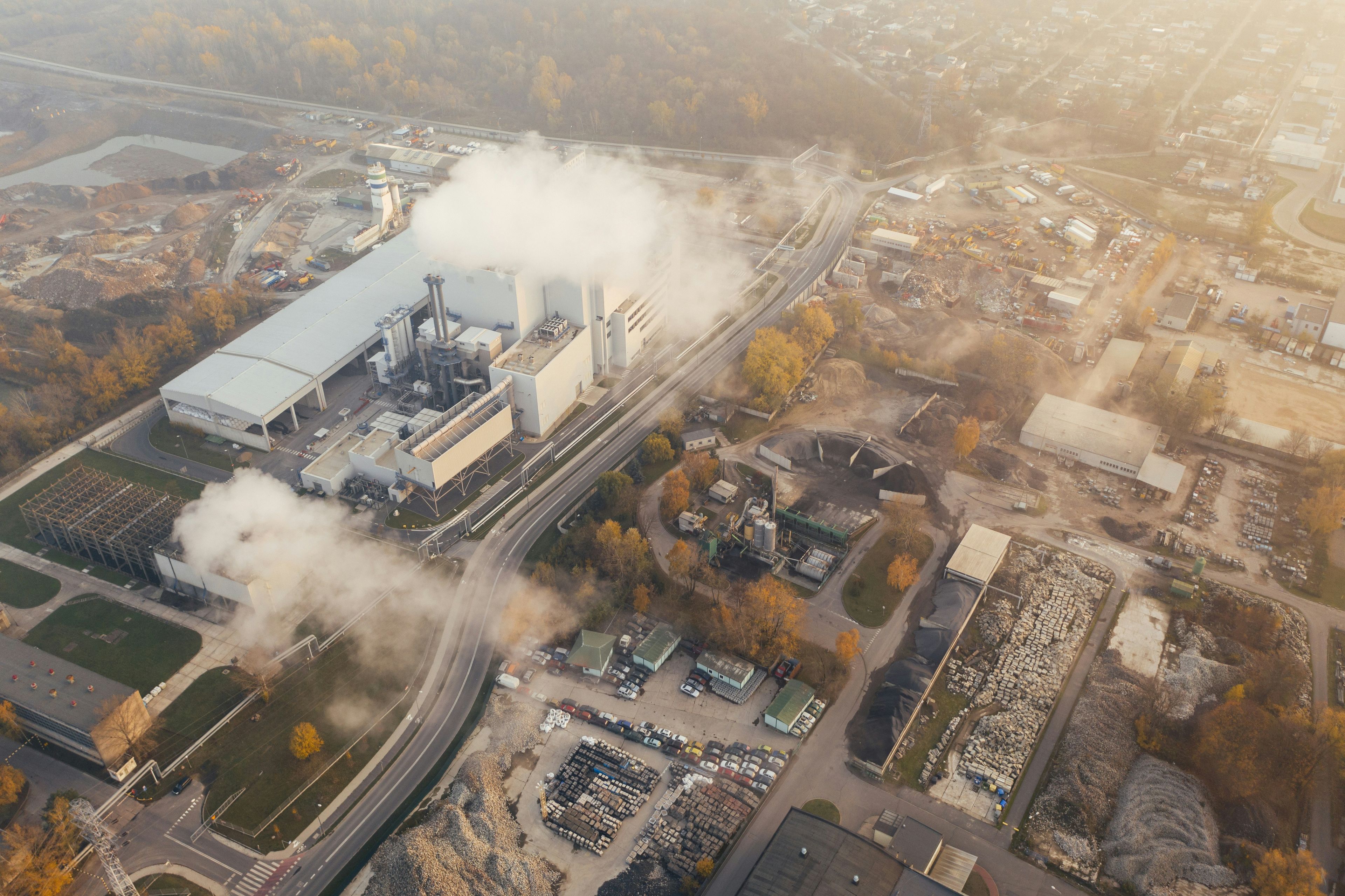
Supporting the Circular Economy
The concept of a circular economy focuses on keeping materials in use for as long as possible by recycling, reusing, and repairing rather than discarding. Recycling programs like City Return and Earn are a key component of this model, ensuring that valuable materials are recovered and reintroduced into the economy rather than wasted.
By recycling through City Return and Earn, businesses and consumers help create a self-sustaining system where products are continually cycled through the economy. This not only reduces waste but also supports innovation in the recycling industry, helping to create new markets and jobs in sustainable sectors.
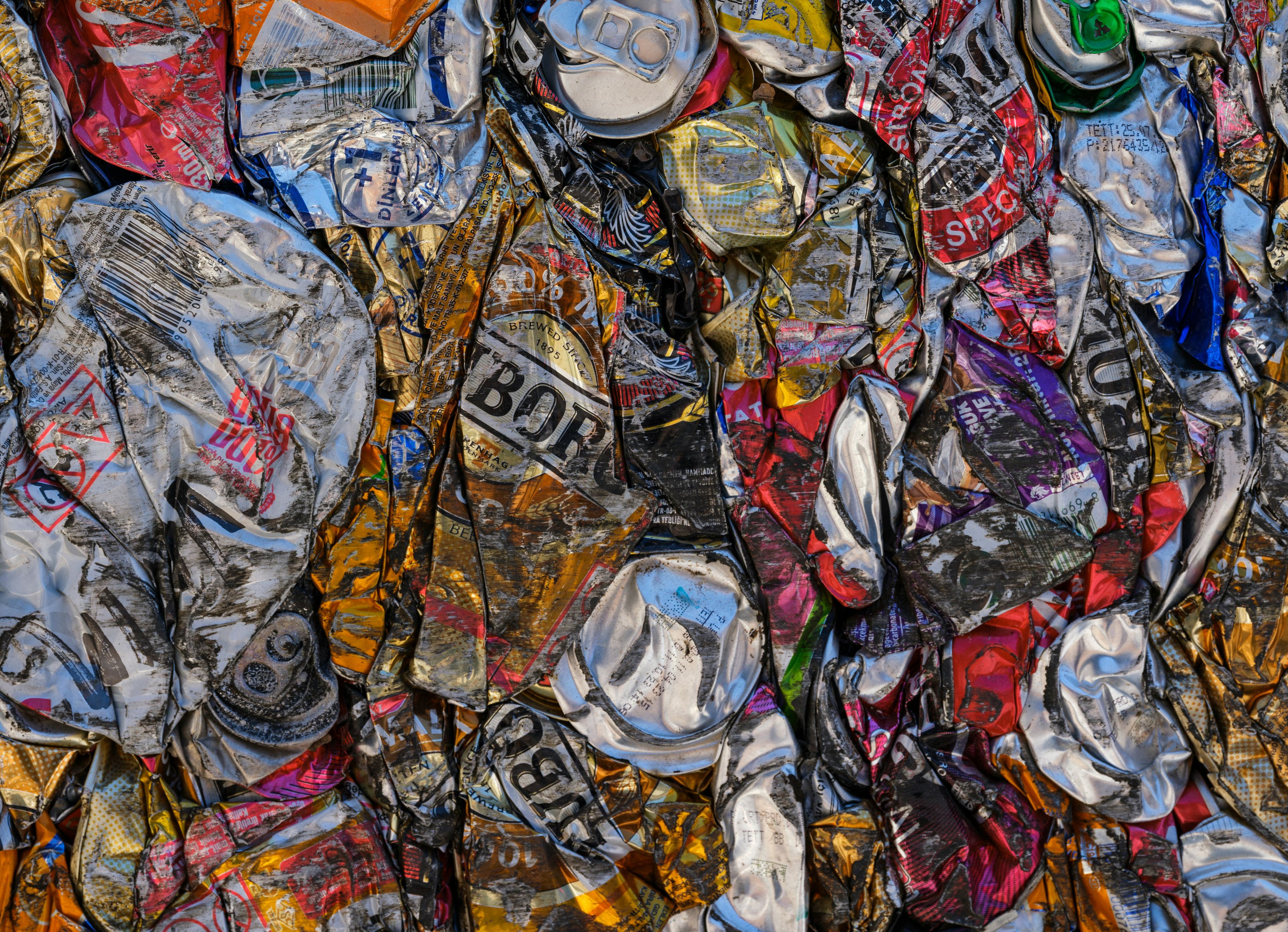
Protecting Wildlife and Ecosystems
Australia is home to a rich diversity of wildlife, much of which is vulnerable to the harmful effects of waste and pollution. Litter, particularly plastic waste, poses a significant threat to marine and land-based animals, which can mistake debris for food or become entangled in it. Recycling helps reduce the amount of waste that ends up in natural habitats, thus safeguarding biodiversity.
City Return and Earn’s program plays a crucial role in protecting Australia’s wildlife by encouraging responsible disposal and recycling of waste. The more we recycle, the less waste there is to endanger our ecosystems.
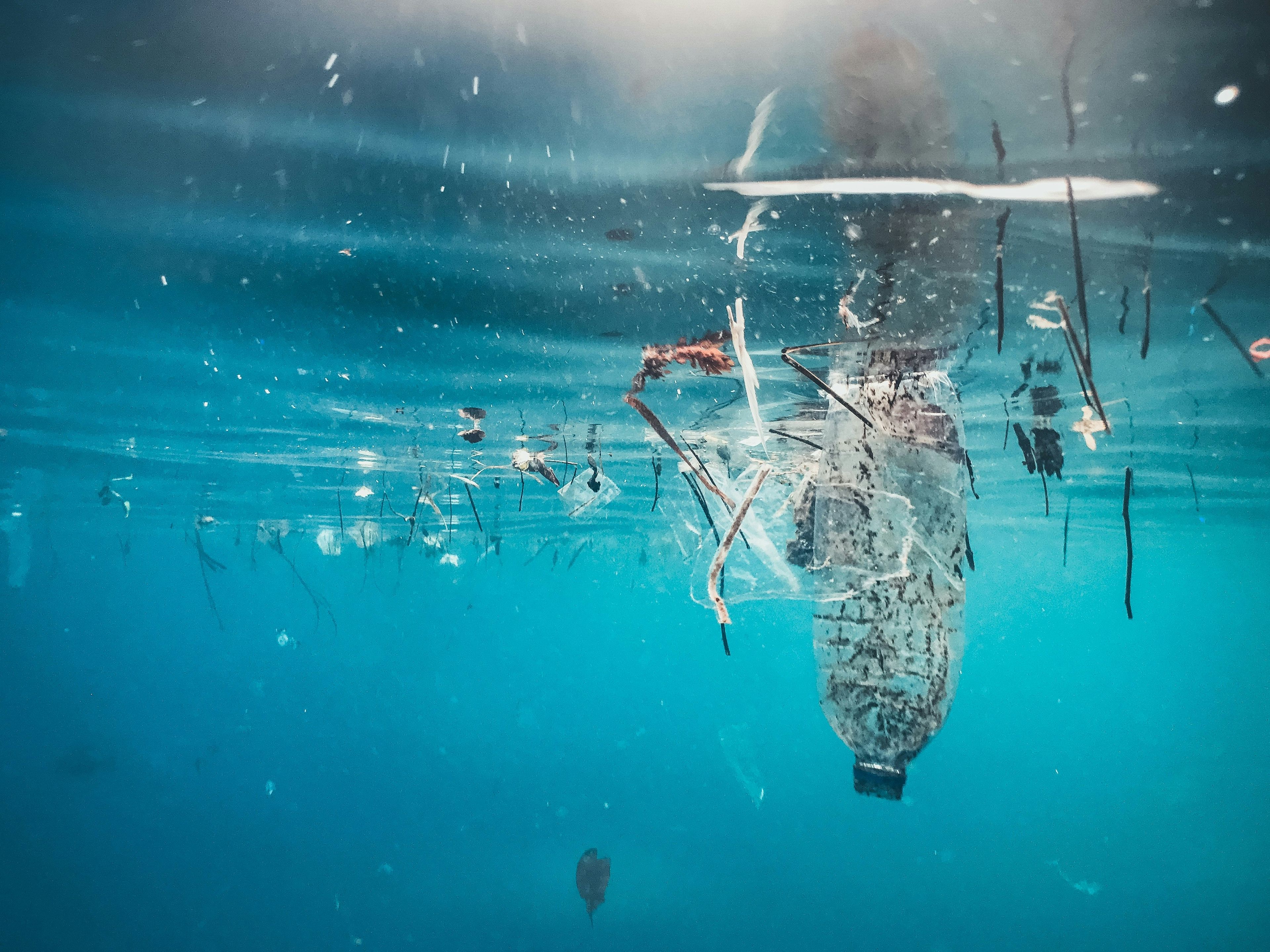
Conclusion: Every Can Counts
Recycling may seem like a small action, but it has a profound impact on the environment. Through the City Return and Earn program, Australians are empowered to make a real difference. By simply returning bottles, cans, and other recyclables, we can reduce landfill waste, conserve precious natural resources, lower greenhouse gas emissions, and protect our wildlife.
So next time you finish a drink, remember that recycling that can or bottle is not just about cleaning up — it's about contributing to a more sustainable, healthier Australia. Every can counts, and together, we can make a big difference!
Take Action Today for a Greener Tomorrow
Join us in our mission to reduce environmental impact and build a greener community for generations to come.